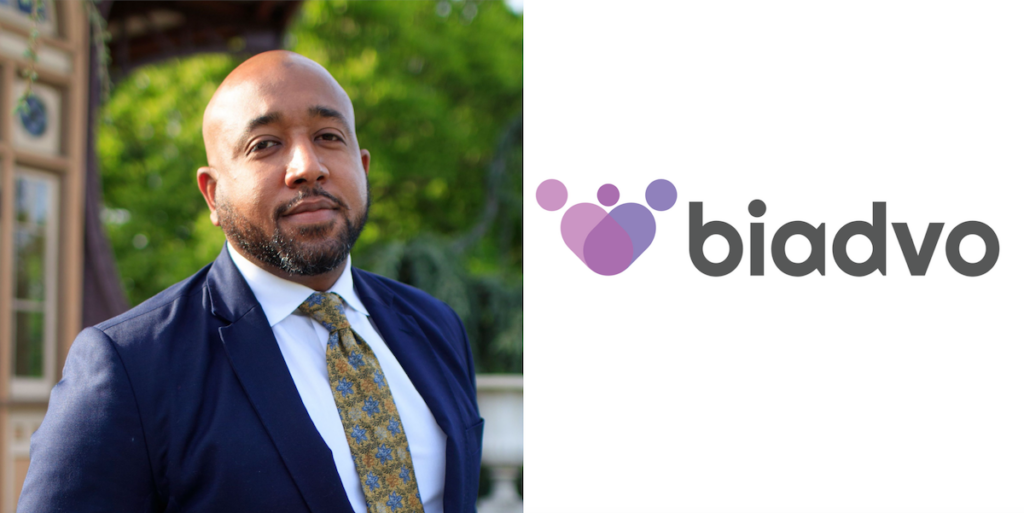I went to law school to become a business lawyer. In fact, the law was supposed to be my appetizer en route to me becoming a business tycoon—like Sam Walton and Oprah. But a course called “Child, Parent, State” got in the way. My instructor was phenomenal and the subject matter intrigued me. The course grappled with issues like: should a parent who lives in a cabin with no electricity enjoy visitation with his children?
The course also explored issues such as do parents have a fundamental right to parent their children and if so, what reasonable burdens can the state place on the parent in parenting their children? I became less impressed with mergers and acquisitions and more captivated with serving as a certified legal intern, where I advocated for indigent and abused parents.
The most shocking and impactful moment in my developing desire to become a Family Lawyer was when I witnessed two parents struggling with addiction, terminate their parental rights due to substance abuse. Every person in the room was crying. At that moment, I committed to never do a Termination of Parental Rights (TPR) again, and to become a family lawyer.
After leaving the ivory tower of law school and a brief stop in corporate America, I entered the world of domestic litigation. This was a place where I did some good, but the overwhelming stench of self-absorbed lawyers seeking to increase their financial bottom line, judges with too many cases to truly care, and misguided clients focused on winning, caused me to reevaluate my professional choice.
In one instance, I had a case that was prime for settling but the opposing counsel did not want to settle the case because they were going to make more money if the settlement was delayed until the day of the trial. The unnecessary stress and anxiety just for some extra coin was disheartening. So was a judge telling me in chambers that no matter what the evidence yields he would only grant every 2nd, 4th, and 5th weekend for child access.
So there I was, a former family law fellow, with a desire to add value to families, but struggling to navigate a system where you have thousands of filings in one year in one jurisdiction, overloading the system, making it unable to provide support, perspective, and counsel for families in conflict. What I learned in law school and while clerking was the polar opposite of what domestic litigation truly is.
Thus, I created Biadvo, to truly help parents advocate for the best interest of their children. The name stands for Best Interest (Bi) and Advocacy (Advo). It’s an online platform with free resources and also paid resource options. In essence, it is like LegalZoom or Rocket Lawyer for co-parents. Once completed you can file your co-parenting agreement with any court to get a child custody, access, and support order, or you can use it to modify an existing one. The worksheet is the blueprint for you to build your co-parenting agreement.
There are twenty-five questions, you answer at your own pace, to assist in being thoughtful about what items you should include with your co-parenting agreement. As opposed to sitting in court with a judge presenting evidence and based on what the judge deems to be the best interest, you are granted an order. Biadvo is the alternative to the system. With our process you and your co-parent create your own co-parenting agreement or plan, custom made for your particular situation. Using our resources you can create a co-parenting plan that is tailored to your family’s needs for access, custody, and child support Once it is completed, you can submit it to the court, so the court can grant you an official order.
Our free tool on the site is the Truth in Litigation Calculator. You input an estimate for how much money you think you will spend fighting in court. Next you put in the number of years until your youngest child turns 18, and finally you input an interest rate. The final number shows you how much you will have spent in child custody litigation. The interest rate illustrates how much money you could have earned had you placed that money in an alternative investment vehicle, such as a money market account. When you pay a lawyer you don’t earn any interest on that money.
Eighty to ninety percent of these cases settle right before trial. We are advocating for co-parents to do the hard-work, taking ownership of the process. Biadvo applies the “Best Interest”standard coupled with empathy, to help co-parents take ownership of their co-parenting process. “Best Interest” is generally the baseline standard for the courts to assess and make a determination in child custody, access, and support matters. We use that standard, coupled with industry best practices to provide parents with ownership of the co-parenting process, resulting in a better outcome for the family. Helping families in this way gives me a true sense of fulfillment. That is why I chose Family Law over Business Law.











